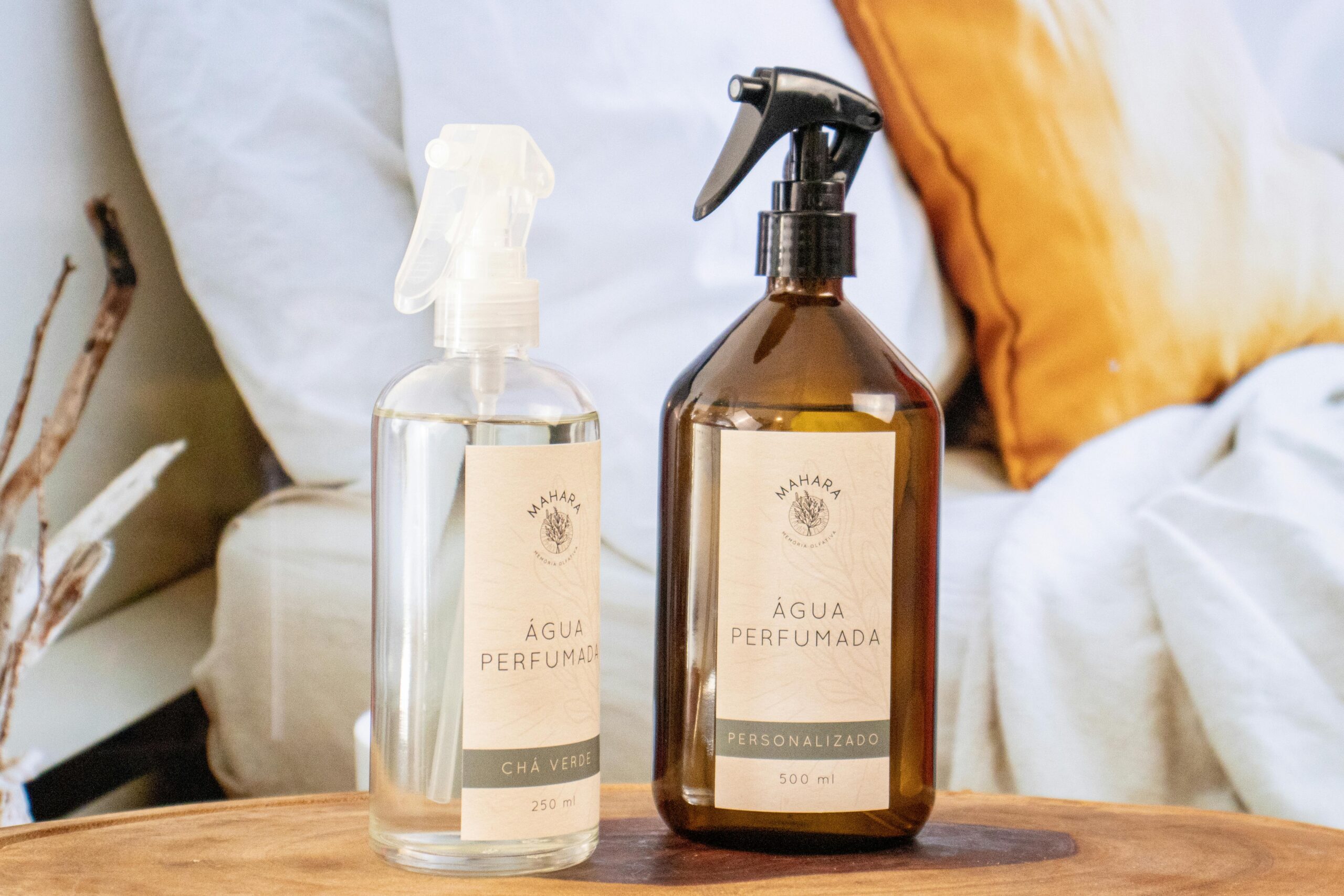Fragrances play a significant role in our daily lives, from personal care products to household items. As consumers become more aware of health and safety concerns, understanding the differences between natural and synthetic fragrances has become essential. This article explores the benefits of both types of fragrances, helping you make informed choices for your health and safety.
Natural Fragrances: Definition and Benefits
Natural fragrances are derived from plant-based sources, such as essential oils, resins, and extracts. These fragrances are often perceived as safer and more eco-friendly.
1. Healthier for the Body
Natural fragrances are generally considered less harmful than synthetic ones. They contain fewer chemicals, reducing the risk of skin irritations, allergies, and respiratory issues. Many people find that natural fragrances do not trigger headaches or migraines, common complaints associated with synthetic scents.
2. Environmental Impact
Natural fragrances typically have a smaller environmental footprint. They are biodegradable and sourced from renewable resources, minimizing their impact on ecosystems. The production of natural fragrances often supports sustainable farming practices, contributing positively to the environment.
3. Aromatherapy Benefits
Natural fragrances are often used in aromatherapy. Essential oils like lavender and eucalyptus can promote relaxation, reduce stress, and even improve mood. These therapeutic properties make natural fragrances appealing for those seeking holistic well-being.
Synthetic Fragrances: Definition and Benefits
Synthetic fragrances are artificially created in laboratories, combining various chemicals to produce specific scents. While often viewed with skepticism, synthetic fragrances have their advantages.
1. Consistency and Longevity
Synthetic fragrances offer a consistent scent experience. They can be formulated to last longer than natural fragrances, making them ideal for products like perfumes and candles. This longevity ensures that the fragrance remains detectable for extended periods.
2. Cost-Effectiveness
Producing synthetic fragrances is often more cost-effective than sourcing natural materials. This affordability makes them widely accessible in various products, from personal care to home cleaning items. Consumers may find that synthetic fragrances provide a broader range of scent options at lower prices.
3. Allergen-Free Formulations
Some synthetic fragrances are designed to be hypoallergenic, reducing the likelihood of allergic reactions. Manufacturers can create fragrances free from specific allergens, catering to individuals with sensitivities. This feature can make synthetic fragrances a safer choice for some consumers.
Health and Safety Considerations
Both natural and synthetic fragrances have implications for health and safety. Understanding these can help consumers make informed decisions.
1. Skin Sensitivity and Allergies
Natural fragrances can still cause allergic reactions in sensitive individuals, particularly those with existing allergies or skin conditions. Synthetic fragrances, while sometimes hypoallergenic, may contain irritants that affect skin sensitivity. Patch testing new products is advisable for those with known sensitivities.
2. Regulatory Oversight
Synthetic fragrances are subject to stringent regulations. Agencies like the Environmental Protection Agency (EPA) and the Food and Drug Administration (FDA) monitor the safety of chemicals used in fragrance formulations. In contrast, natural fragrances may lack the same level of oversight, leading to variability in product quality.
3. Volatile Organic Compounds (VOCs)
Some synthetic fragrances release volatile organic compounds (VOCs), which can contribute to indoor air pollution. Prolonged exposure to VOCs may lead to respiratory issues or other health concerns. Choosing products labeled as low-VOC or free from synthetic fragrances can help mitigate these risks.
Making Informed Choices
When deciding between natural and synthetic fragrances, consider the following factors:
1. Personal Preferences
Assess your personal preferences regarding scent and potential sensitivities. Some may prefer the complexity of synthetic fragrances, while others favor the purity of natural scents.
2. Product Labels
Read product labels carefully. Look for transparent ingredient lists that specify whether a fragrance is natural or synthetic. This information can guide your purchasing decisions.
3. Purpose of Use
Consider the intended use of the product. For personal care items, you might prioritize natural fragrances for their potential health benefits. In contrast, for home cleaning products, synthetic fragrances may offer practical advantages.
Conclusion
Natural and synthetic fragrances each have unique benefits and considerations for health and safety. Understanding these differences can empower consumers to make informed choices that align with their health and lifestyle. Prioritize your well-being by choosing fragrances that suit your preferences and sensitivities.
Frequently Asked Questions (FAQs)
1. What are natural fragrances made from?
Natural fragrances are derived from plant-based sources, including essential oils, resins, and botanical extracts.
2. Are synthetic fragrances safe to use?
Synthetic fragrances can be safe, but they may contain chemicals that some individuals find irritating. Reading labels and patch testing can help assess their suitability for you.
3. Can natural fragrances cause allergies?
Yes, natural fragrances can still trigger allergic reactions in sensitive individuals. It’s important to test products if you have known allergies.
4. How do I choose between natural and synthetic fragrances?
Consider your personal preferences, skin sensitivities, and the purpose of the product. Reading ingredient labels can help guide your decision.
5. Do synthetic fragrances last longer than natural ones?
Generally, synthetic fragrances are formulated to be more long-lasting compared to natural fragrances.
6. Are natural fragrances environmentally friendly?
Natural fragrances typically have a lower environmental impact, as they are often biodegradable and sourced from renewable resources.
7. How can I avoid synthetic fragrances?
To avoid synthetic fragrances, look for products labeled as “fragrance-free” or “natural,” and check ingredient lists for synthetic components.



